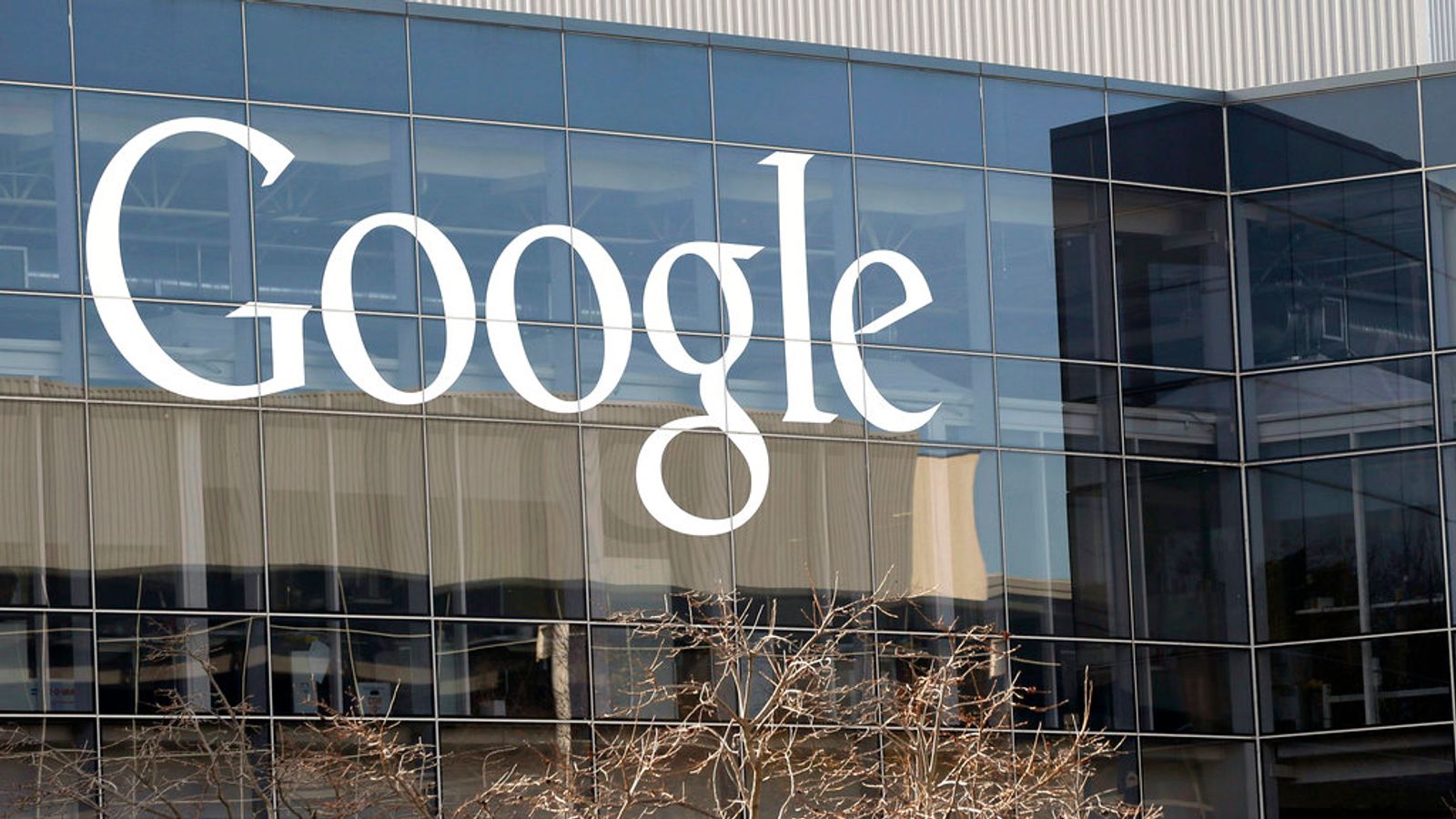Google has been fined £427m (€500m) by the French competition regulator as part of a fight between the tech giant and news publishers.
The regulator has threatened to impose additional penalties of £769,000 (€900,000) per day if Google doesn’t produce proposals within the next two months for compensation news publishers.
The action comes amid global concern of the impact Facebook and Google are having on news publishers, with many being put out of business by the effective duopoly’s control on the advertising market.
Earlier this year the French regulator issued the company with an order to hold talks with news publishers, and the fine on Tuesday comes as part of a decision that Google had breached those instructions.
Google France said it was “very disappointed” by the decision in a statement, and complained that it didn’t “reflect the efforts put in place or the reality of the use of news content on our platform”.
The company said it was negotiating a solution with publishers in good faith and was on the verge of reaching an agreement.
It follows a review commissioned by the government and published in February 2019 that found Facebook and Google had a detrimental impact on British news media because they captured so much of the share of online advertising revenue.
Earlier this year Facebook launched its Facebook News tab in the UK after completing deals with many of the country’s major news providers, including Sky News, the Financial Times, and The Guardian.
The plan has been reported as likely to bring in million of pounds for the largest organisations who have signed licences allowing Facebook to display their headlines and previews of their articles.
These licences stand in contrast to the headlines and article previews visible on Google Search, which has been criticised for replicating news publications’ work without paying them – to the point that the service has been banned in Spain.
But a senior executive at Facebook was forced to defend its decision to block access to news media in Australia earlier this year as similar plans in that country stalled.
They said the decision was taken with “a heavy heart” after Facebook was described as a “school yard bully” running a “bulldozer” over democracy when it made the move instead of paying to run publishers’ content.
The block was reversed shortly after.






















